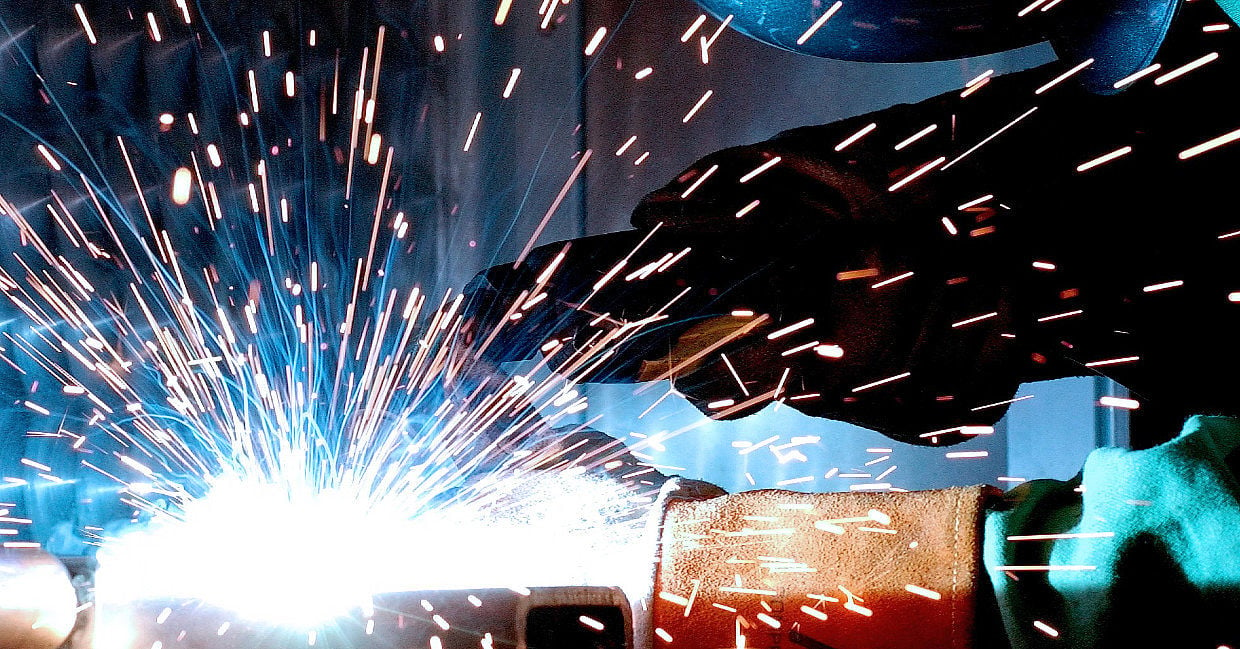The neglected crucial factor for efficient welding
An aspect that is indeed readily overlooked: The quality of the sheet metal parts to be welded. A lot of unnecessary time is spent on materials that fit poorly into the welding fixtures and may even become loose again. Adding to this factor comes the tremendous time-consuming rework. This is especially the case if required tolerances aren’t met.
Most often, both problems share the same reason: Residual stress in the sheet metal. They can arise during forming or due to thermal influences. They typically build up when the sheets are rolled in the rolling mill, rolled up on coils and during various cutting processes such as plasma or laser cutting.
Residual stresses cost welding time
The locked-in stresses are difficult to handle due to the intrinsic properties. They cannot be measured directly, only via side effects. Additionally, measurement techniques are either destructive or time-consuming. Both are not practical in the daily routine of sheet metal processing. As a rough indicator, you can assume that warped sheets will also have locked-in stresses. But it’s wrong to assume the opposite; meaning that straight sheets have no residual stresses.
The only one way to be sure that there is no residual stress in the sheet metal is by leveling. Of course, it is possible to do this manually, but it is a relatively long process and requires some experience. For efficient welding, you should invest in mechanical leveling. In the leveling machine, the sheet metal is bent up and down by the rollers. The residual stresses are relieved by means of the alternating bends. These bends become smaller as the sheet approaches the outlet. Until, at the outlet, the flat sheet metal exists the machine, relieved of any residual stresses.
ARKU is the only manufacturer offering a flatness measuring system called the FlatJack® for automated leveling quality control. After the leveling process, it checks the flatness deviations of the sheet and whether the tolerances were met.
Welding robots work more efficiently with leveled sheet metal parts
If you work with welding robots, then you will certainly profit from using leveled sheet metal parts. Because these systems require very tight sheet metal part tolerances. By leveling the parts before, you can easily avoid that too many workpieces are sorted out as unusable. Additionally, the process reliability increases.
By the way: You do not have to have your own precision leveler in your shop to level sheet metal. There is always the option to outsource the leveling work. Good contractors are available on short notice and immediately understand the shop’s sheet metal flatness requirements. The contract leveler discusses with the client the tolerances needed, the efforts involved and the costs. Logistics is also part of the contractor’s service offering. However, the contract leveler will exclude any transport damage or additional contamination.



